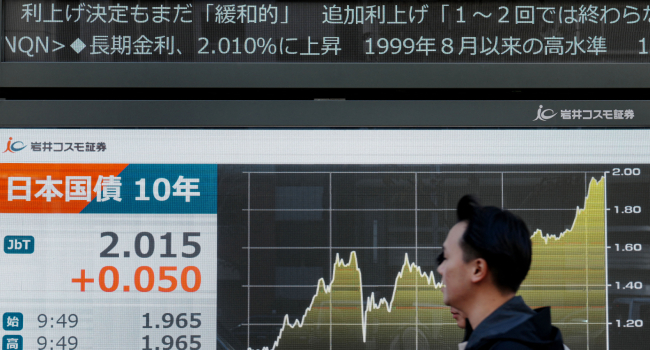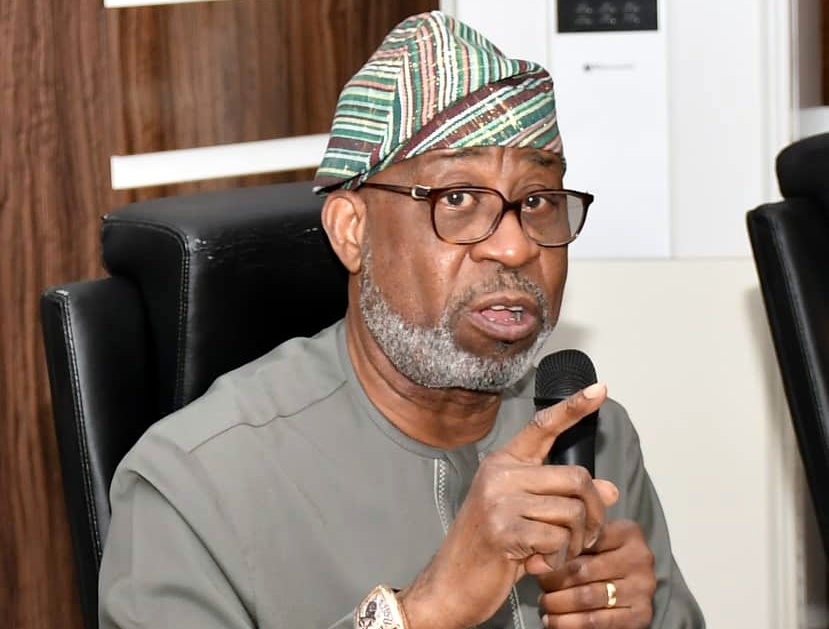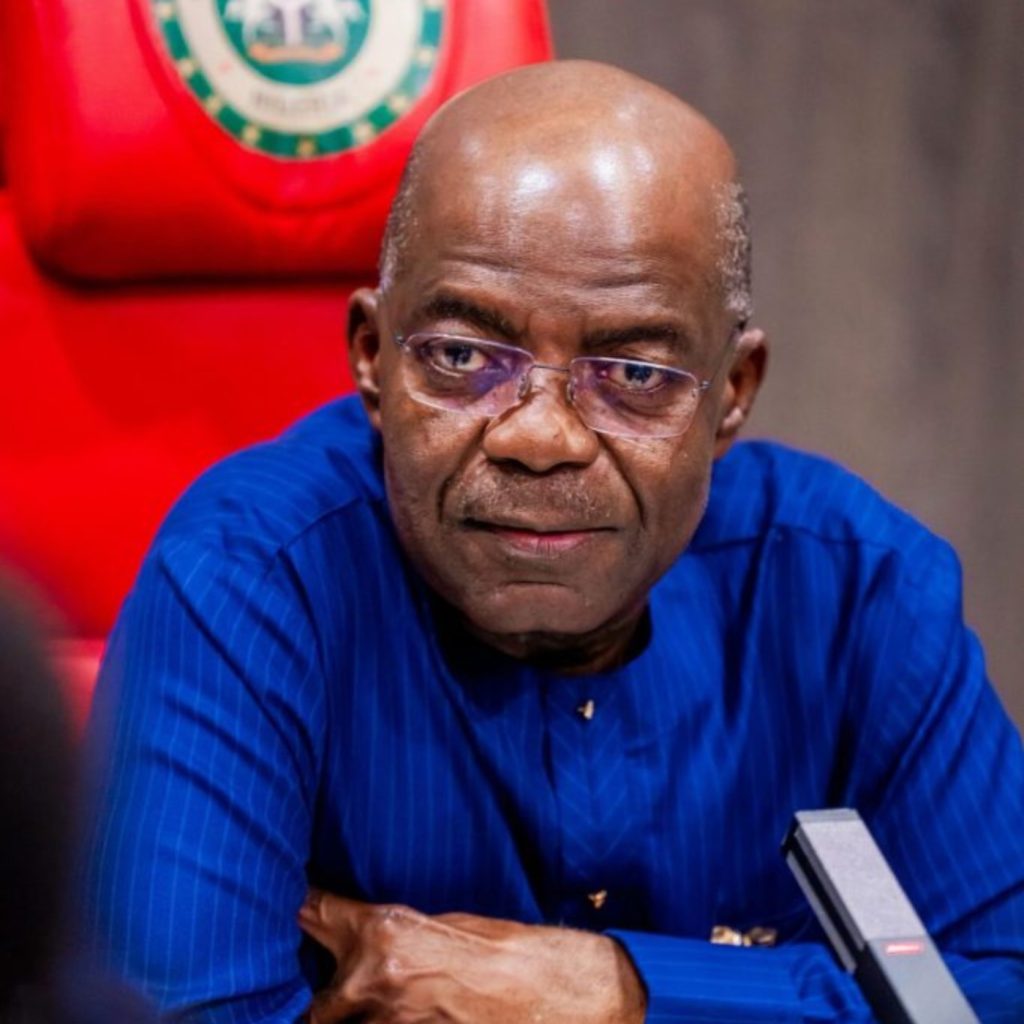Nasir El-Rufai, a former governor of Kaduna State, has criticized Nigerian politicians for abandoning federalist principles after gaining power, despite campaigning on the concept. Speaking at an interactive session in Owerri, Imo State, El-Rufai emphasized that Nigeria was founded as a federation. He noted that President Bola Tinubu’s political career has been centered around “restructuring” and “true federalism,” and the ruling All Progressives Congress (APC) had promised to restructure the country and return it to true federalism.
El-Rufai lamented that successive governments have adopted a centralized approach, undermining national development. He stated that federalism has been effective in fostering inter-ethnic unity, democratic stability, and socio-economic development, citing the First Republic as an example. However, the shift to centralization in the 1970s eroded these gains. El-Rufai argued that the Federal Government has accumulated too many powers and resources, but fails to utilize them effectively. He advocated for devolving more responsibilities to the states, including policing.
The 2023 constitutional amendment, which moved electricity and railways to the concurrent list, was welcomed by El-Rufai. This change allows states to own and regulate entities in these sectors. El-Rufai also called for further reforms based on the 2018 recommendations of the APC Committee on True Federalism, which he chaired. The committee’s report emphasized the need for a more decentralized system, with greater autonomy for states.
El-Rufai’s comments highlight the ongoing debate about the structure of Nigeria’s government and the need for reform. The country’s federal system has been criticized for being overly centralized, with many calling for greater devolution of powers to the states. As Nigeria continues to navigate its development challenges, the push for true federalism is likely to remain a key issue. El-Rufai’s remarks serve as a reminder of the importance of adhering to federalist principles and working towards a more decentralized system.



